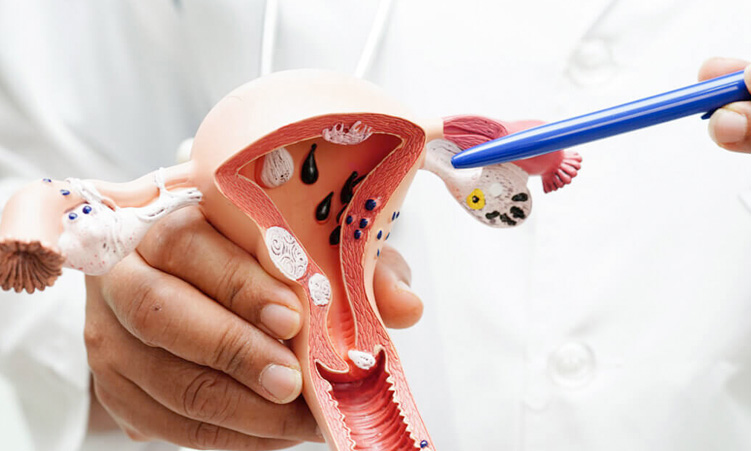The Ministry of Agriculture, Water and Land Reform has announced plans to boost production across Namibia’s green scheme projects in 2025.
This as significant progress is already underway at several sites.
Speaking at the ministry’s third-quarter management review workshop recently, minister Calle Schlettwein highlighted recent successes and outlined future goals.
“At Etunda, 210 hectares of wheat were harvested at a yield of four tonnes per hectare during the winter, and 210 hectares of maize have been planted in January with an additional 240 hectares scheduled for February,” Schlettwein said.
The Sikondo Green Scheme achieved an impressive yield of six tonnes per hectare, harvesting 120 hectares of wheat in October 2024. Plans are in place to plant 300 hectares this summer.
At Uvhungu Vhungu, 147 hectares of maize have been planted alongside smaller quantities of butternut and green peppers. Meanwhile, Shadikongoro is preparing to cultivate 300 hectares of maize.
However, water shortages at the Hardap scheme have constrained planting efforts, limiting lucerne cultivation to just 10 hectares of a potential 80.
“Most, if not all, of these green scheme projects were dormant for three years prior to the agriculture ministry taking over in 2012. As a result, much of the equipment and infrastructure had become obsolete, requiring substantial recapitalisation to restart production,” Schlettwein said.
The ministry has also made strides in land reform. During the third quarter of 2024, agreements were reached to acquire two farms in the Omaheke and Hardap regions, totalling 11 192 hectares, for the resettlement of landless Namibians from previously disadvantaged communities.
Six beneficiaries – from the Omaheke, Hardap, Kunene, Kavango East, Otjozondjupa and Ohangwena regions – have been resettled on designated farms, including Kouwater Farm in Hardap, Ombindi Karambi Farm in Kunene, and Omkeer Farm in the Otjozondjupa region.
Schlettwein detailed additional progress: “A total of 5 870 customary land rights were registered across the country, 33 leasehold rights were issued and 64 illegal fences were removed.”
The ministry also monitored compliance for 416 lease agreements to ensure adherence to land use and management standards.
To enhance its operations, the ministry advertised 237 vacancies, filling 69 positions by September 2024. The goal is to recruit 280 positions within the 2024/25 financial year to support key initiatives and improve service delivery.
The minister emphasised the importance of dedicated research facilities to address critical challenges in agriculture.
“We need the capacity to investigate all animal disease pathogens and develop vaccines. Similarly, we must strengthen plant health and phytosanitary services, develop improved seed varieties, enhance livestock breeding and advance land management research,” Schlettwein said.
Stay informed with The Namibian – your source for credible journalism. Get in-depth reporting and opinions for
only N$85 a month. Invest in journalism, invest in democracy –
Subscribe Now!










